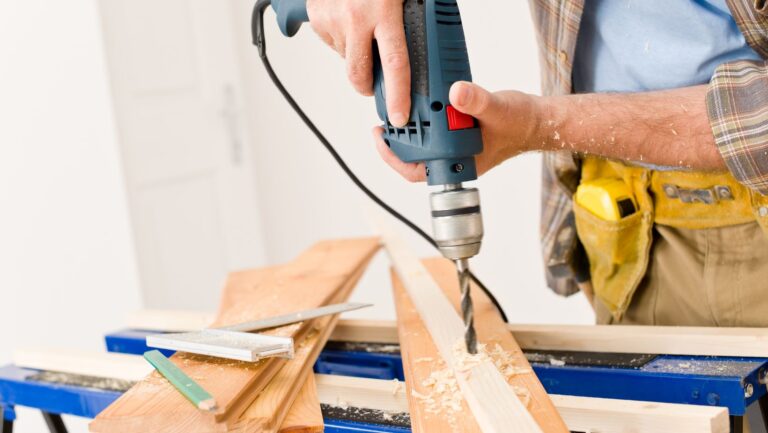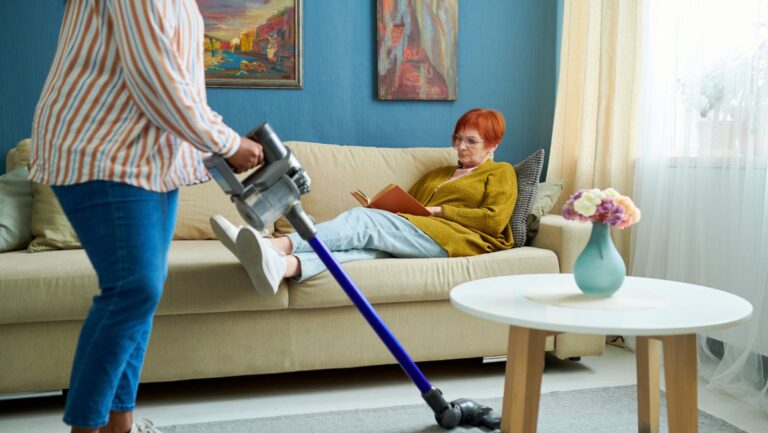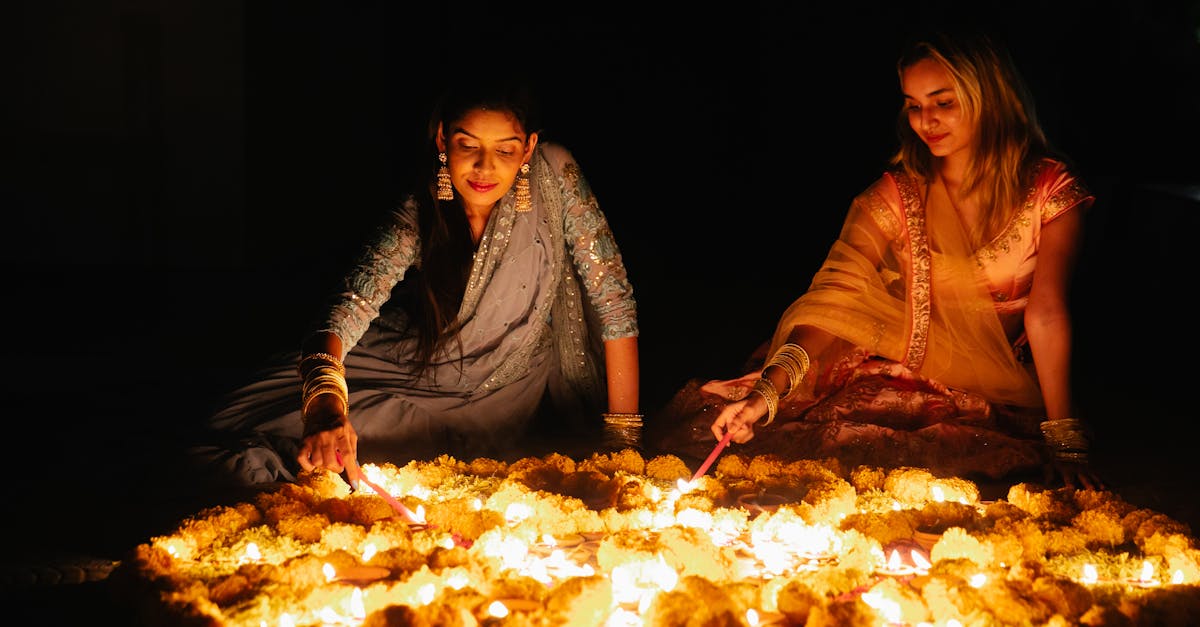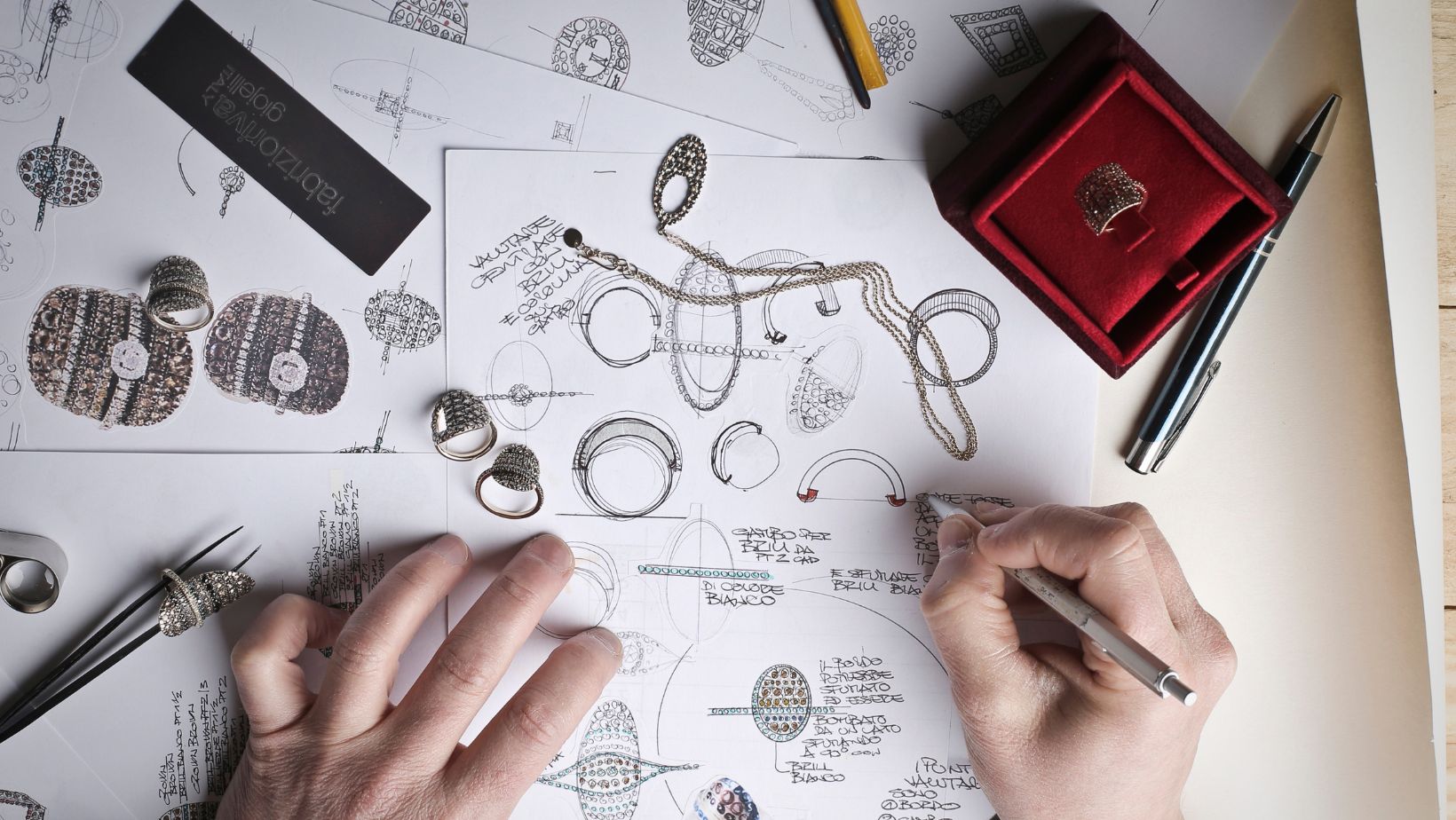agendacover.life
Transform Your Home
Discover new cleaning tips, home improvement tips, maintenance and repair guides, and top-notch home security solutions—all in one convenient place.
About Us
Your ultimate destination for all things related to home care and improvement.
Welcome to our home care hub, where we’re dedicated to providing you with expert advice and practical tips for all aspects of home improvement, cleaning, home security, and repairs.
Whether you’re looking to spruce up your living space with budget-friendly DIY projects, streamline your cleaning routine with time-saving hacks, bolster your home’s security with smart solutions, or tackle common repairs with confidence, we’ve got you covered.
Our curated collection of articles is designed to empower homeowners like you to create a comfortable, safe, and beautiful home environment. From inspiring ideas to actionable advice, let us be your go-to resource for all your home care needs. Welcome home to a world of endless possibilities!

Read About

All things home
improvement
Expert tips, guides, and inspiration for enhancing the beauty and functionality of your home.

Cleaning Tips
Discover expert advice on everything from decluttering and organizing to eco-friendly cleaning solutions and stain removal tricks.

Home Security
Comprehensive home security solutions to protect your loved ones and belongings, including alarm systems, surveillance cameras and smart locks.
Home Improvement Hacks from Almeson Koljan
Cleaning Tips Picks by Eldalis Jelkin
About Us
Stay In Touch
Keep up with all our latest articles























